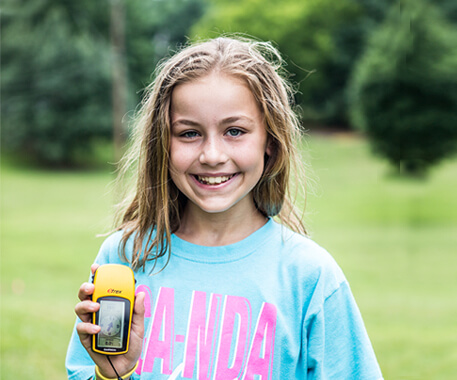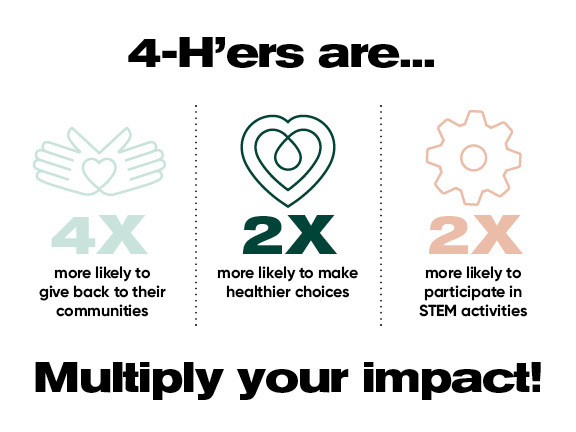This page is currently being updated. Please be patient.
Prohibition of Live Poultry in Child Care Facilities and Schools
Revisions by the Colorado Department of Public Health and Environment, to two documents, the Rules and Regulations Governing Schools in the State of Colorado and Rules and Regulations Governing Child Care Facilities in the State of Colorado, went into effect on January 14, 2016. A consequential change impacting the delivery of 4-H Embryology programs through school enrichment and afterschool programs is:
- The list of prohibited animals in facilities and classrooms with children kindergarten age and under the age of 5 has been expanded to include poultry (adult birds, chicks, ducklings, and hatchlings).
The provisions do not affect older children in settings such as elementary schools given that the animals are not in common areas.
FACT SHEET – Includes Background, Frequently Asked Questions, Is Poultry Allowed Here? Chart, and Colorado Academic Standards for Life Science grades K-6
CHART – Is Live Poultry Allowed Here? Use this chart to help determine if live poultry are allowed in your programming venue.
Have conversation with your school partners about what the school will allow in classrooms grade 1 and above.
The CDPHE does not discourage live poultry for children older than kindergarten age in general. They discourage these animals if the children exhibit frequent hand to mouth behaviors. This is not typically seen in traditional classrooms but more in classrooms that are designed for children with special needs.
Variance Process for Schools and Child Care Facilities
There is a variance process where facilities may request exception to rules and regulations. The facility would have to show that the regulation presents an undue hardship and evidence that the process they are using does not present a hazard to children. There is no guarantee that a variance would be granted. Facilities can contact their local public health agency or CDPHE for more information.
Best Practices
Consider alternate ways of providing embryology education without the incubator, eggs, and chicks.
Implement and promote best practices for animal care and handling. Hand washing, no food or drink in these areas, etc.
Please contact your local CSU Extension 4-H office for more information.


 4‑H reaches nearly six million young people through Cooperative Extension – a community of more than 100 public universities and 3,000 local offices. Programs are delivered by more than 3,500 4‑H professionals and more than 500,000 volunteers.
4‑H reaches nearly six million young people through Cooperative Extension – a community of more than 100 public universities and 3,000 local offices. Programs are delivered by more than 3,500 4‑H professionals and more than 500,000 volunteers.
 4‑H’s hands-on approach is proven to grow life skills like confidence, independence, resilience and compassion through stages and developed through experiences, not instruction.
The result? Kids who are empowered with the skills to lead for a lifetime.
4‑H’s hands-on approach is proven to grow life skills like confidence, independence, resilience and compassion through stages and developed through experiences, not instruction.
The result? Kids who are empowered with the skills to lead for a lifetime. 4‑H empowers young people to be true leaders. True leaders are young people who have confidence; know how to work well with others; can endure through challenges; and will stick with a job until it gets done. In 4‑H, we believe true leaders aren’t born – they’re grown.
4‑H empowers young people to be true leaders. True leaders are young people who have confidence; know how to work well with others; can endure through challenges; and will stick with a job until it gets done. In 4‑H, we believe true leaders aren’t born – they’re grown.